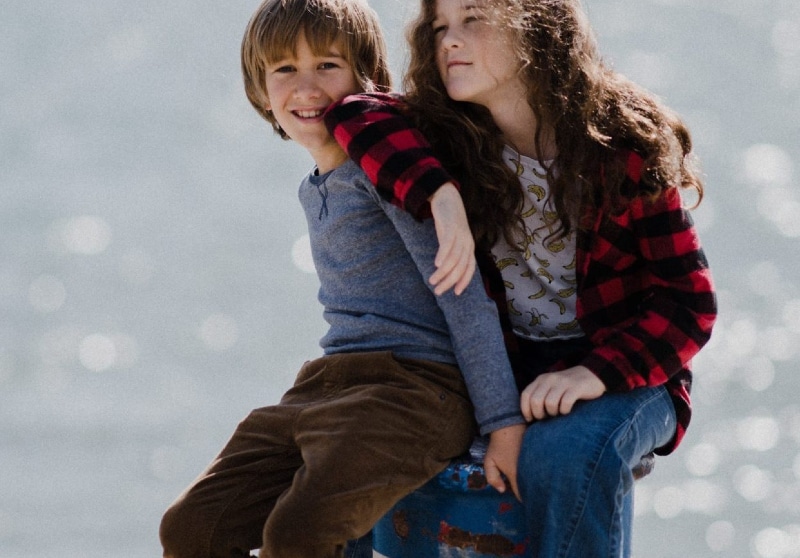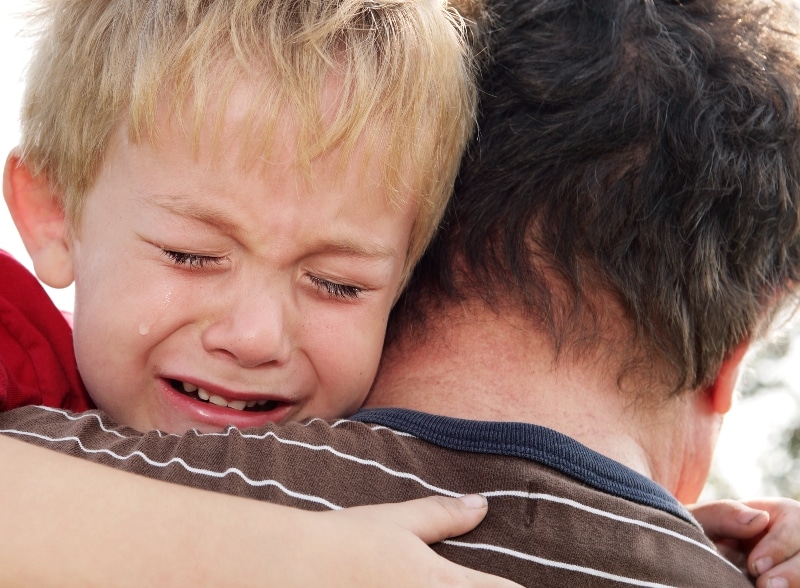Researcher of the Month
The impact of sibling bullying
Emre Deniz is a final year PhD student interested in sibling relationships and how they affect children’s feelings and behaviours. His PhD focuses on sibling bullying and its impact on the mental health and wellbeing of autistic adolescents. 90% of children in western and non-western societies grow up with at least one sibling and the amount of time they spend together means that they are bonded in both positive and negative ways.
All sibling relationships involve some conflict and this can provide valuable learnings about emotional and behavioural regulation, conflict resolution and problem solving. However, persistent bullying (whether social, physical, psychological, or property-based) has a detrimental impact on children’s self-esteem and their long-term wellbeing. Sibling bullying is a common, but often overlooked experience, which significantly impacts on young people’s wellbeing outcomes.
Summary
It is thought to occur in about 50% of sibling relationships, particularly when siblings are close in age, and has been referred to as the ‘most frequent and yet the least recognised form of violence in most adolescents’ lives’ (Eriksen and Jensen, 2009). Frequently, bullying between siblings is simply not picked up on, as parents often consider it to be a normal aspect of brotherly and sisterly interactions.
Whilst there is a lack of consensus around the differences between normal sibling conflict and bullying, bullying behaviours can be identified as unwanted aggressive behaviour involving a power imbalance, which is repeated multiple times or is highly likely to be repeated. It’s actually much more prevalent than peer bullying and a growing body of evidence shows that it has a highly detrimental impact (for both the victim and perpetrator) on levels of wellbeing and that it is associated with internalising and externalising difficulties in adolescence and higher levels of depression, anxiety and self-harm.
Research also shows that bullying behaviours are learned at home and that children who bully their siblings are more likely to bully their peers. Children who are victimised at home are also more likely to be victimised by peers at school, or elsewhere. There are currently no evidence-based interventions which focus on reducing bullying between siblings.
Our researcher of the month, Emre Deniz, investigates sibling bullying in different cultures. His preliminary work with Turkish teenagers has found no significant differences between bullying in eastern and western societies. He also focuses on the impact of sibling bullying on autistic adolescents. He has found that autistic children tend to have fewer shared interests with their siblings than their neurotypical peers. Generally, they spend less time together, have fewer social interactions with each other and their relationships tend to have less intimacy, companionship or closeness. He has found that autistic teenagers have poorer mental health and wellbeing levels if they bully their siblings or have been bullied by them.
Emre has identified self-esteem as a significant mediating factor between bullying and mental health, finding that sibling bullying decreases levels of self-esteem in autistic teens, and that, in turn, lower self-esteem increases mental health problems. Emre suggests that interventions which boost self-esteem may be beneficial.
Implications
Emre’s findings suggest that ‘sibling bullying during adolescence is cause for concern… and should be seen as a serious problem by parents, policymakers, and researchers, given its well-established links to poor mental health outcomes’.
Implications for parents – Parental supervision improves the quality of sibling relationships, so spending time together is a good investment in developing positive sibling bonds. Parents of autistic children can help siblings to find shared interests by acting as mediator, encouraging play, modelling how to appreciate different perspectives, offering praise and nudging children into positive interactions.
Emre advises that if you witness bullying between your children, try not to pre-judge the situation. Stay calm and seek some clarity. Talk to them individually to establish their differing perspectives. Then talk to them together and help them to understand where the other is coming from. Ensure that you apply consistent rules for breaching behavioural expectations.
Try to create a calm family environment and consider how you resolve disagreements in the home. Emre notes that witnessing parental conflict is likely to impact detrimentally on sibling interactions. In general, parents should always seek to boost children’s self-esteem. Luckily, we’ve got some top tips that will help.
Resources Created from and Related to this Research

Emre Deniz, PhD student at the Psychology in Education Research Centre, University of York
Emre Deniz is a special education teacher and Rogerian play therapist working with autistic children and adolescents and supporting them to reach their developmental milestones. He is also a final year PhD student in Psychology in Education at the University of York. His research interests lay around intra-family relationships and how they relate to social, emotional, and mental health difficulties in autistic children and adolescents. In his PhD, Emre focuses on negative sibling relationships, namely sibling bullying, and how they affect the mental health and wellbeing of autistic adolescents. He also investigates the differences and similarities between families from western and non-western countries to see whether sibling relationships of autistic children differ in cross-cultural contexts.









